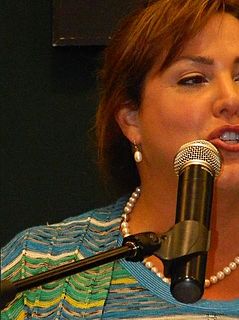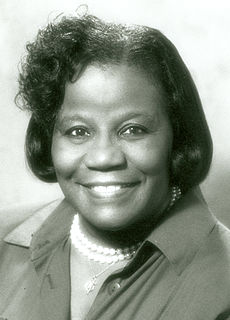A Quote by Dominic Raab
Control orders put people not convicted of any crime under virtual house arrest based on scant evidence. Billed as a security backstop, they proved unreliable.
Related Quotes
As records of courts and justice are admissible, it can easily be proved that powerful and malevolent magicians once existed and were a scourge to mankind. The evidence (including confession) upon which certain women were convicted of witchcraft and executed was without a flaw; it is still unimpeachable. The judges' decisions based on it were sound in logic and in law. Nothing in any existing court was ever more thoroughly proved than the charges of witchcraft and sorcery for which so many suffered death. If there were no witches, human testimony and human reason are alike destitute of value.
There is not a morsel of evidence backing up any of the claims or any of the narratives or any of the premises that make up today's news. There is not a morsel of evidence on anybody. There's not a morsel of evidence on Flynn! On Manafort! On Carter Page! There's no evidence on Trump! And yet the reporting goes on. Convicted of high crimes already without a trial. It's a great piece by Eli Lake.
I think the large part of the function of the Internet is it is archival. It's unreliable to the extent that word on the street is unreliable. It's no more unreliable than that. You can find the truth on the street if you work at it. I don't think of the Internet or the virtual as being inherently inferior to the so-called real.
I began my career as a physicist. And in the White House, my buddies were the people from the White House office of science and technology policy. But a lot of the people were lawyers. They like winning an argument, but science-based, evidence-based reasoning was just sort of not in their framework.
Good policymaking is evidence-based, and preventing crime and antisocial behaviour involves fixing the society we all live in, identifying risk factors and demographic characteristics that make some people more likely to become involved in certain crime, and then preventing those offences taking place as often as possible.
No matter how one approaches the figures, one is forced to the rather startling conclusion that the use of firearms in crime was very much less when there were no controls of any sort and when anyone, convicted criminal or lunatic, could buy any type of firearm without restriction. Half a century of strict controls on pistols has ended, perversely, with a far greater use of this weapon in crime than ever before.


































